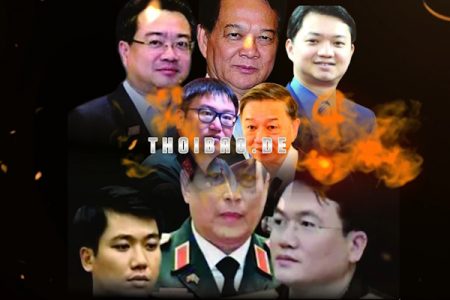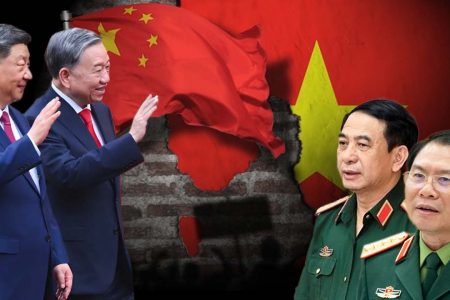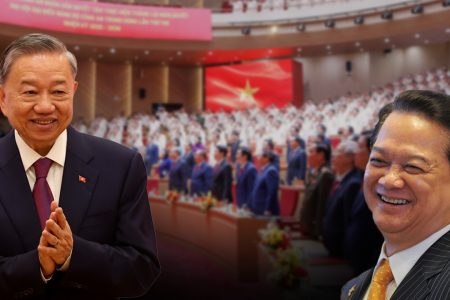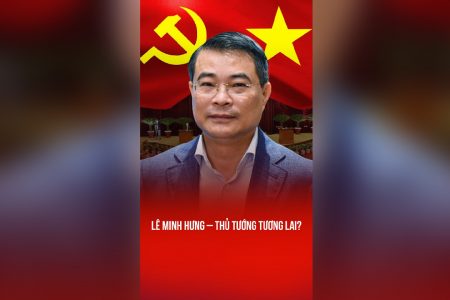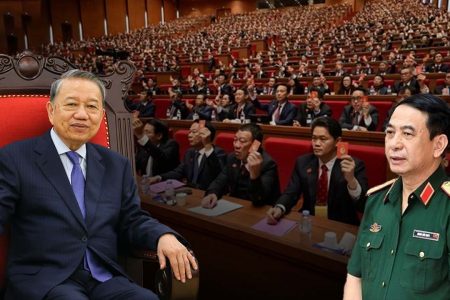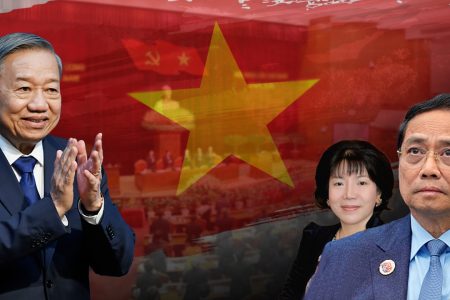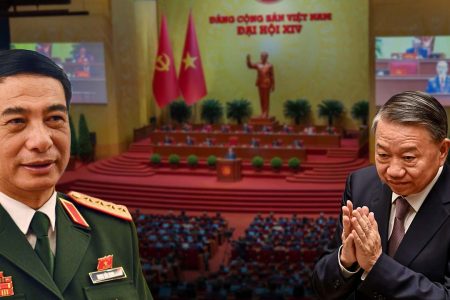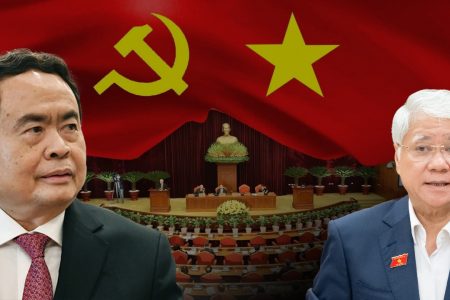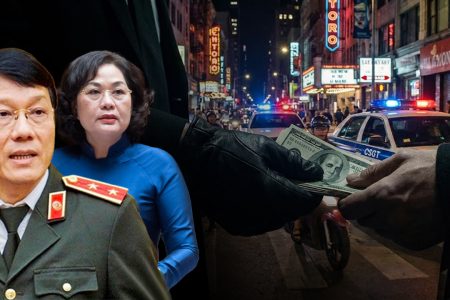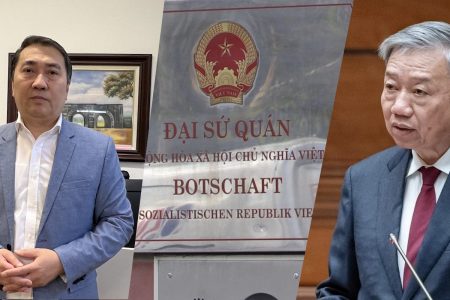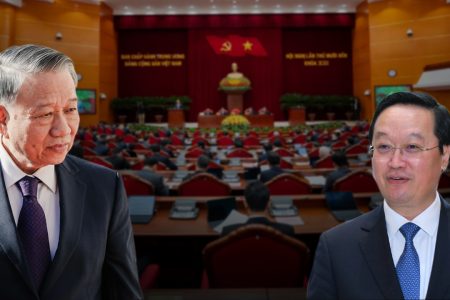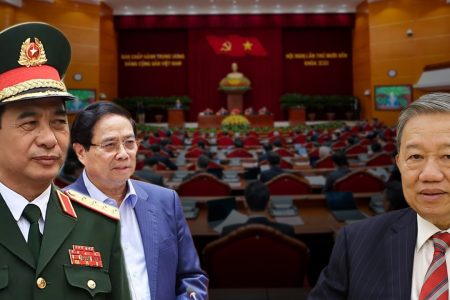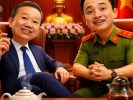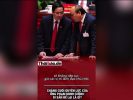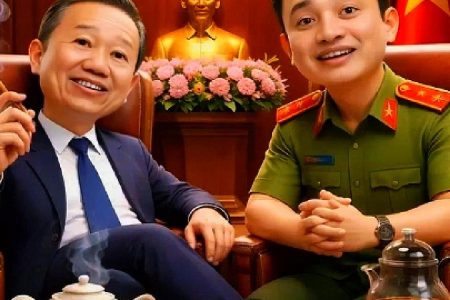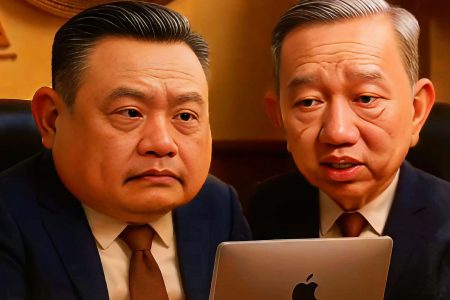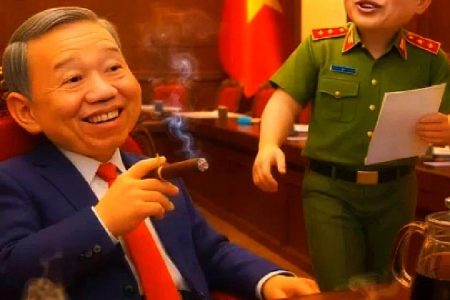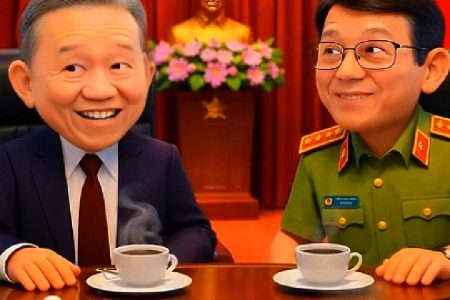On July 10, 2025, in Malaysia, Chinese Vice Premier Wang Yi met with Vietnamese Deputy Prime Minister cum Minister of Foreign Affairs Bui Thanh Son for bilateral ties between the two communist nations.
Notably, Wang Yi unexpectedly announced his support for General Secretary To Lam’s reform, calling it a „historic“ step forward and praising it as a „successful“ preparation for the upcoming 14th National Congress of the ruling Communist Party of Vietnam.

Although, in the past, China had shown reservations and doubts about CPV’s General Secretary To Lam, who was considered to have „pro-American“ relations when he was Minister of Public Security.
Moreover, in August 2025, when he officially took the position of General Secretary, To Lam declared that he would bring Vietnam into a „new era,“ following the development model of progressive and civilized countries such as the West, especially the United States and the EU. However, recent political developments at home and abroad have shown that the dream of a “new era” may not exist in reality, if not to say that it has been “finished” by Beijing with a calculated handshake. Why do we say that?
To Lam once convinced domestic public opinion with his declaration that he would create a modern, transparent, and effective rule of law state.
But now, he is being praised by Beijing leaders for the so-called “historic step to rearrange the country” which strangely coincides with the Chinese model.
Reducing management agencies, narrowing the intermediary level, and increasing central control are characteristics of the current totalitarian model in China.
When publicly praised by Wang Yi, To Lam’s reform will be a new direction for the ruling party. That is, it will be more centralized, control deeper, and policy criticism from the local level is at risk of being eliminated.
Beijing’s sudden change of attitude and praise for To Lam, according to analysts, is not just a normal diplomatic move, but could be a sign that China is secretly „choosing a horse“ for the power race at the 14th National Congress.
In other words, they are betting on To Lam, a figure capable of controlling the police forces and the security apparatus, which is considered a guarantee of political stability according to a model similar to Beijing.
The crux of the problem is: when To Lam is backed by Beijing, is there any chance for a more open Vietnam and closer to the West as he once committed? The answer is becoming clear that it is very difficult.
It is worth mentioning that, within the CPV’s current leadership, the conflicts over foreign policy orientation between the two paths of leaning towards the West or sticking with Beijing have not yet ended. But it was the public congratulations and praise from Beijing before the 14th National Congress that was considered the biggest “push” that derailed Vietnam’s strategic balancing efforts in its bamboo diplomacy.
When Beijing declared its support for To Lam and his reforms, it was also an implicit warning that “we – China – will intervene if Vietnam deviates from our orbit.”
Public opinion saw that, less than a year after To Lam officially took the position of party chief, the dream of a “new era” that he had widely announced, was now at risk of becoming impossible.
In the context of the majority of people and intellectuals in Vietnam yearning for innovation, the handshake from Beijing has now become a golden ring that binds the reform vision that To Lam once pursued.
That is an affirmation that there will never be a “new era” but only a return to the old darkness, where power is tightened under the “iron fist” of the General Secretary.
Tra My – Thoibao.de



